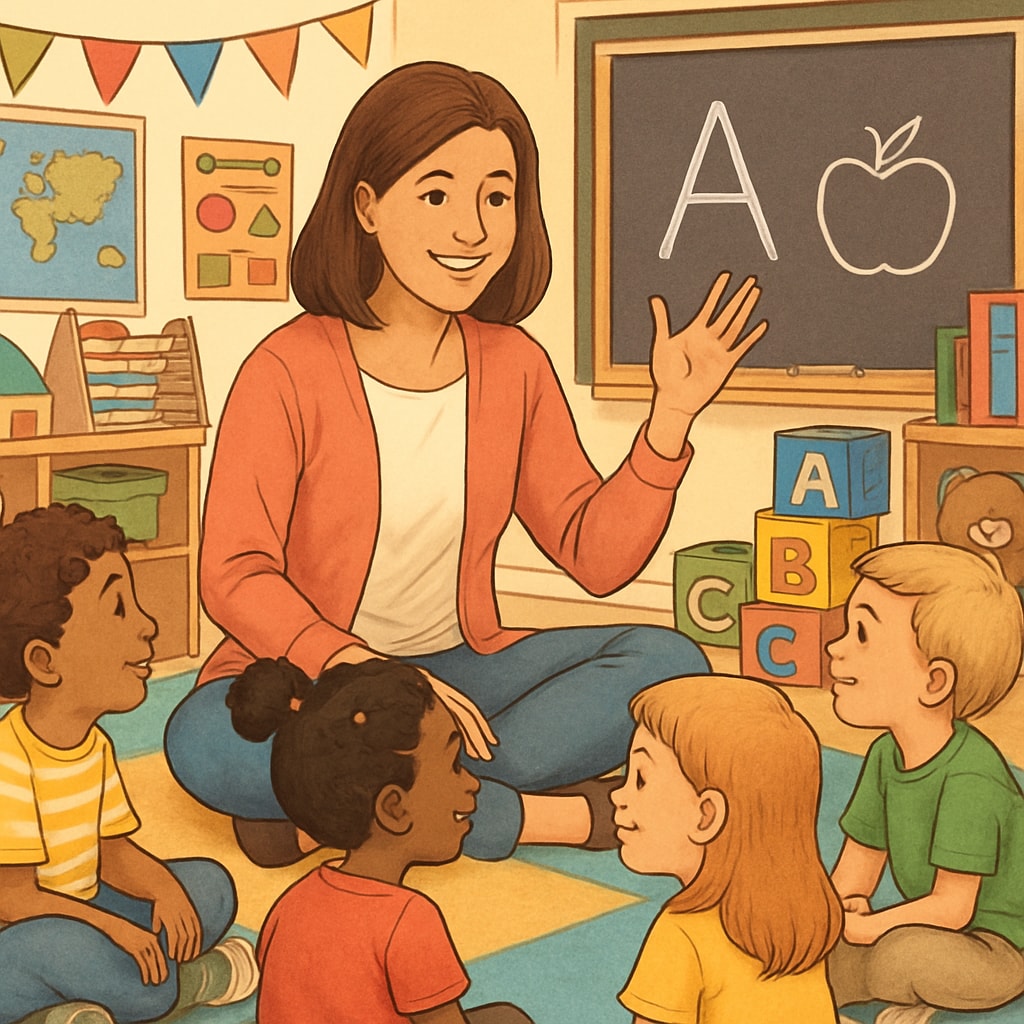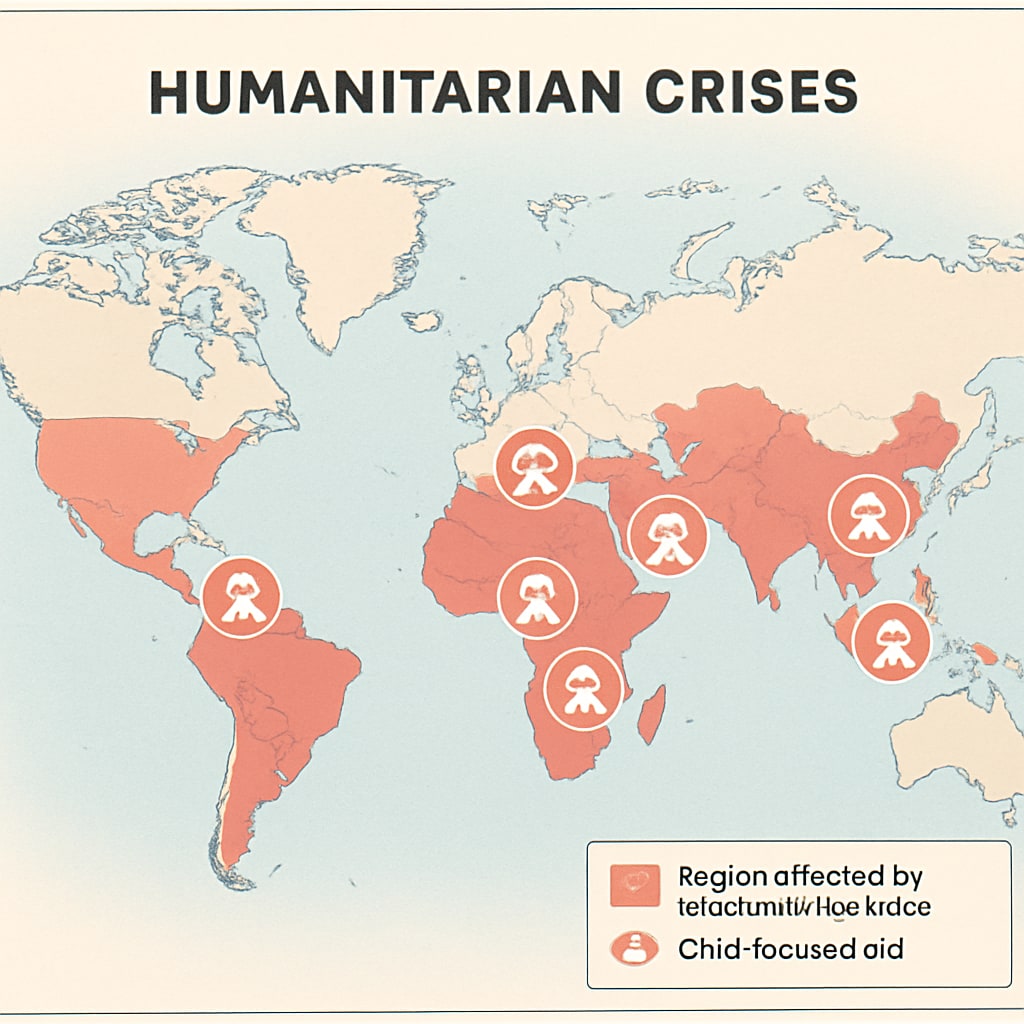Ms Rachel, a renowned figure in early childhood education, has touched the lives of countless families worldwide through her engaging and effective teaching methods. Her work in developing early learning resources has been a beacon of hope for parents and educators alike. However, as her humanitarian efforts gain attention, questions have emerged about the geographic scope of her focus. While Ms Rachel has shown concern for children affected by conflicts, particularly in the Middle East, critics argue that her attention appears to overlook other regions where children face equally dire circumstances, such as Africa, Southeast Asia, and Latin America.
Ms Rachel’s Contributions to Early Childhood Education
Ms Rachel’s educational initiatives have revolutionized how young children learn foundational skills such as communication, literacy, and emotional awareness. Her popular YouTube channel, “Songs for Littles,” is celebrated for its interactive and research-backed approach to teaching. By addressing developmental milestones, Ms Rachel empowers both children and their caregivers, fostering an inclusive learning environment that resonates across diverse communities.
For example, her methods emphasize phonics, sign language, and socio-emotional development, helping children with speech delays and other learning challenges. Her work aligns with recommendations from global educational organizations like UNICEF, which stress the importance of early childhood education as a cornerstone for lifelong success (UNICEF on Early Childhood Education). Additionally, her focus on positive reinforcement and creativity has made her a household name in many English-speaking countries.

Humanitarian Vision: Localized or Global?
While Ms Rachel’s contributions to education are undeniable, her humanitarian focus has sparked debate. She has publicly expressed concern for children affected by wars in the Middle East, advocating for peace and providing educational resources to displaced families. Her efforts in this area are commendable, yet critics argue that this focus might inadvertently overshadow crises in other regions, such as famine-stricken communities in Africa or children displaced by natural disasters in Southeast Asia.
Humanitarian organizations like Save the Children emphasize a global approach to addressing child welfare (Save the Children Official Site). By broadening her advocacy and extending her resources to other regions, Ms Rachel could amplify her impact and address the needs of vulnerable children worldwide. A more balanced approach would ensure her humanitarian efforts reach underrepresented communities, enriching her legacy as not only an educator but a global advocate for child welfare.

Balancing Education and Humanitarian Advocacy
Ms Rachel’s dual roles as an educator and humanitarian advocate provide her with a unique platform to inspire change. However, balancing these responsibilities requires strategic focus and collaboration. Partnering with international organizations such as UNESCO or the Red Cross can help her extend her reach beyond a single geographical area. By doing so, she could address systemic issues affecting children on a global scale, including poverty, lack of access to education, and health disparities.
For example, implementing educational programs tailored to local needs in underserved regions could enhance her impact. Such initiatives could include community-based learning centers, teacher training workshops, or mobile education units for displaced families. These efforts would align with her overarching mission to empower children through education, while also addressing immediate humanitarian needs.
Conclusion: Expanding the Scope for Greater Good
Ms Rachel’s contributions to early childhood education have undoubtedly transformed lives, offering hope and support to families around the world. Her humanitarian focus, although meaningful, could benefit from a broader perspective, encompassing children affected by crises in diverse regions. By expanding her advocacy and forging partnerships with global organizations, Ms Rachel can amplify her impact and uphold her commitment to ensuring every child has access to education and support, regardless of their circumstances.
As she continues her journey, Ms Rachel has the potential to become a symbol of both educational excellence and humanitarian inclusivity, inspiring others to take action for children in need worldwide.


